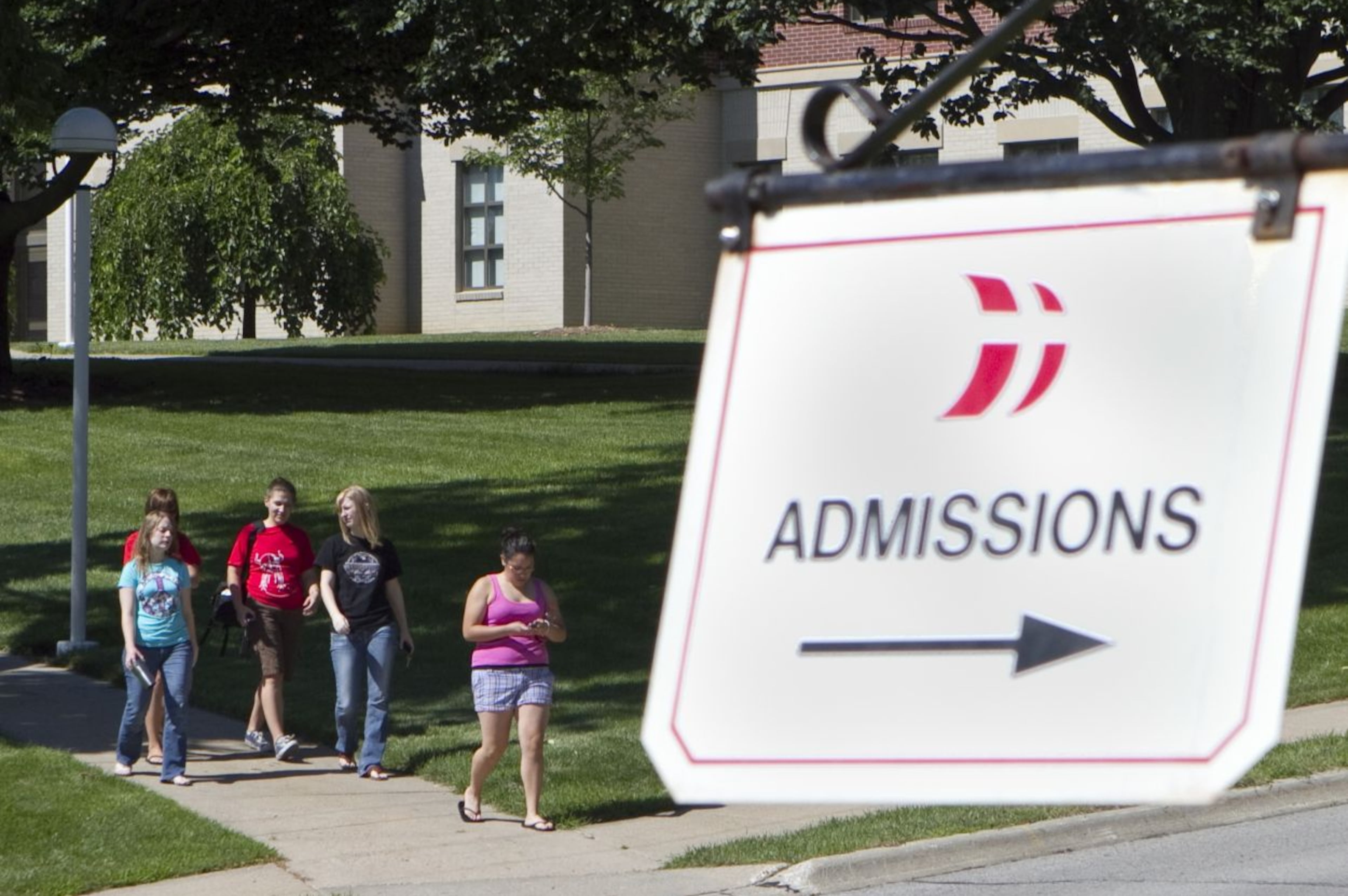Opinion: To improve schools, try more choice rather than more cash

Benita M.Dodd is vice president of the Georgia Public Policy Foundation. In this guest column today, she talks about the urgent need for the General Assembly to expand school choice in Georgia.
By Benita Dodd
Legislators and policymakers continually debate how and how much funding to allocate to help Georgia's public school students and public education in general. But there is a little-discussed, bigger challenge: How to meet the choices Georgians demand.
How big is that challenge?
The Georgia Charter Schools Association finds more than 15,000 students are on waiting lists to attend a public charter school.
For the past four years, contributions to the tuition tax credit scholarship program, which helps pay for children to attend private schools, have reached the $58 million donation cap on the first business day of each year. On that day in 2017, twice as much was pledged as allowed by law, so contributions were pro-rated at 49.49 percent.
About 32,000 students attend Georgia's 37 college and career academies; six more academies are expected to open in the next year. College and career academies allow high school students to take academic and vocational classes, engage in work-based learning with employers, and earn transferable college credit at no cost to the student.
Georgia's largest K-12 school is the statewide online charter school, Georgia Cyber Academy, with 14,286 students enrolled.
Georgia spends more on public education per student than all its neighbors except South Carolina, according to the latest data (2015). Yet, it trails all its neighbors when it comes to on-time high school graduation rates.
Clearly, how much is far less important than how to spend education dollars.
The "how" is expanded educational choice for all Georgia families. Empower families to choose from charter schools, private schools and educational services through control of their education dollars in Education Savings Accounts. A bill is languishing in the Legislature.
It's high time to end the cookie-cutter approach to education, where the success of schools and systems hinges on how well they teach to the test, and where educators sometimes resort to cheating in high-stakes tests because so much rides on those academic results.
Universal choice will render the existing testing structure obsolete as parents shop for services, and schools and educators compete transparently to offer a quality, affordable education product that meets the needs of the child.
Today's teachers are obliged to operate in a virtual monopoly, offering the same product across different locations. When quality educators can compete to provide their services, unshackled from school districts, quality options can increase without increasing bureaucracies.
With parents free to choose, instead of the state serving as curator, parents will then be the curators. Children are unique, with unique comprehension and learning approaches. Parents will decide, from their child's individual test results, whether the progress is acceptable. Even better, they can take their education dollars elsewhere if it is not.
Providing parents with the ability and the educational tools to make informed choices will improve outcomes and, over time, reduce the cost of education for all taxpayers.
Crowdsourcing works for TripAdvisor and Yelp. GreatSchools and similar rating services providing transparency will flourish in a competitive marketplace of education options. Georgia has tried more money. It's time to try more choice.



